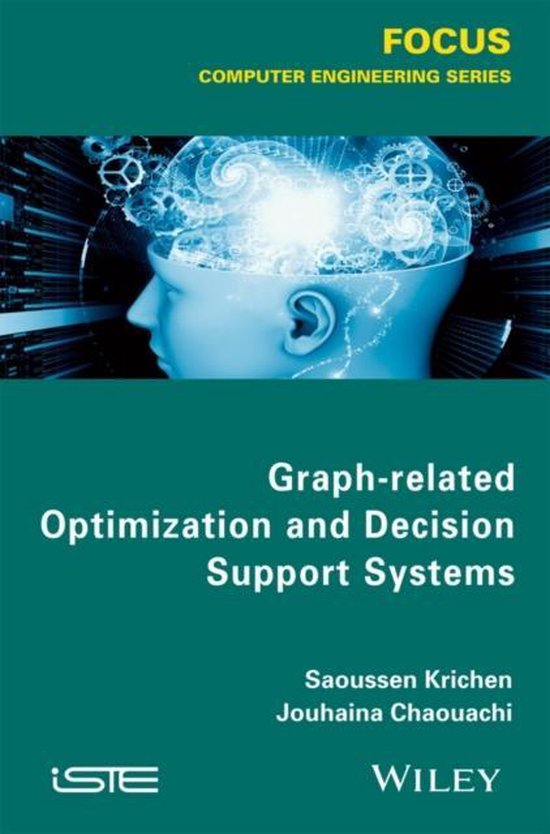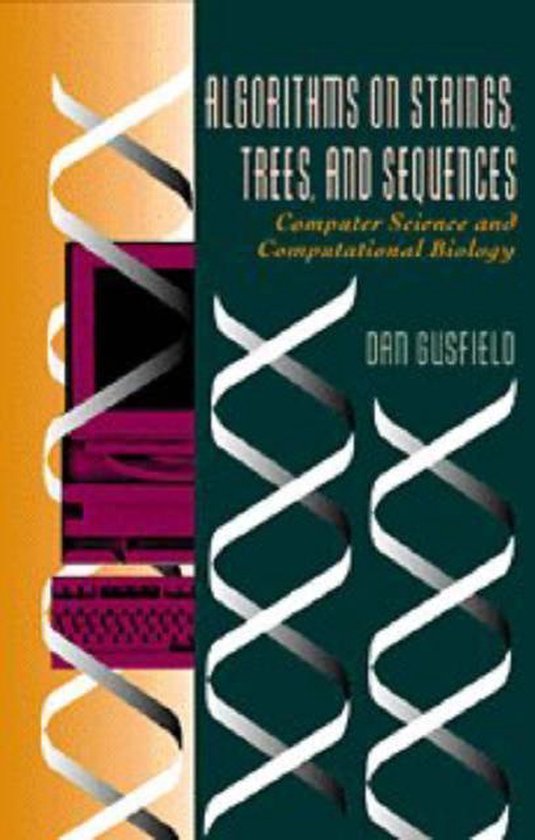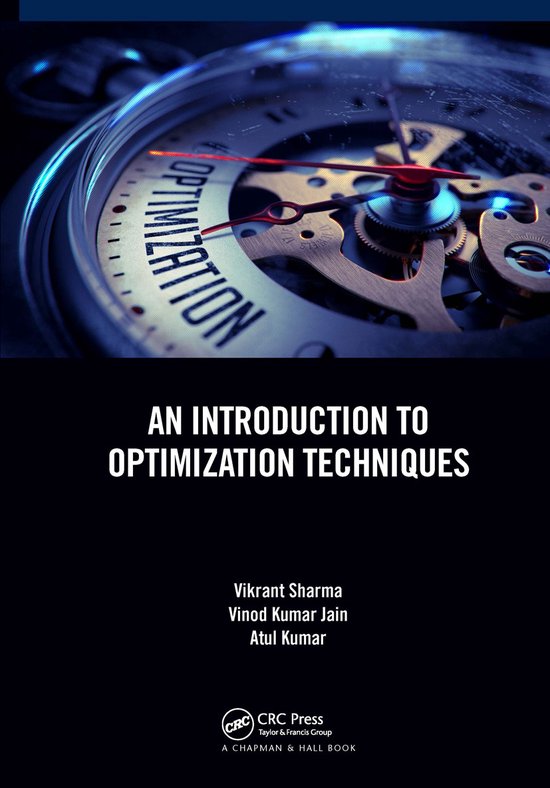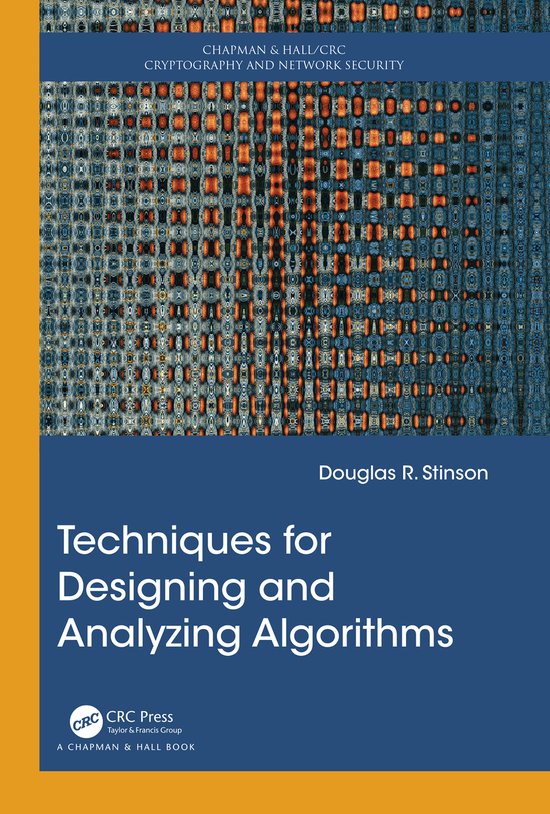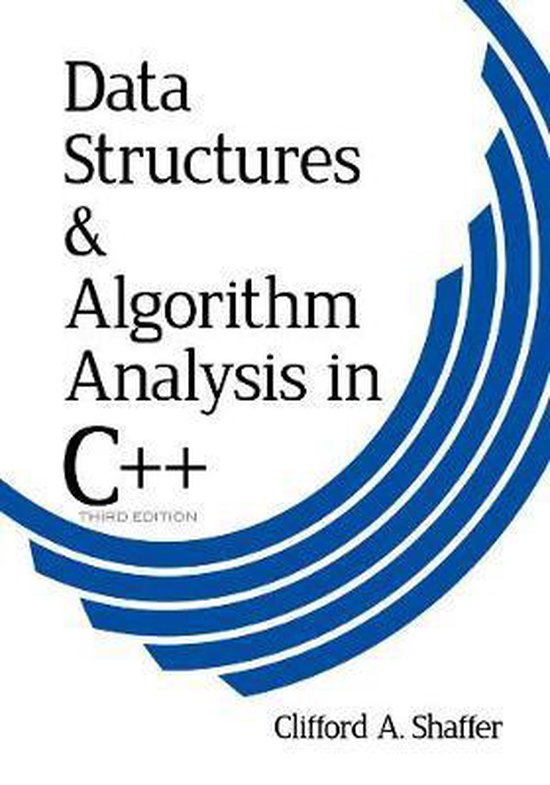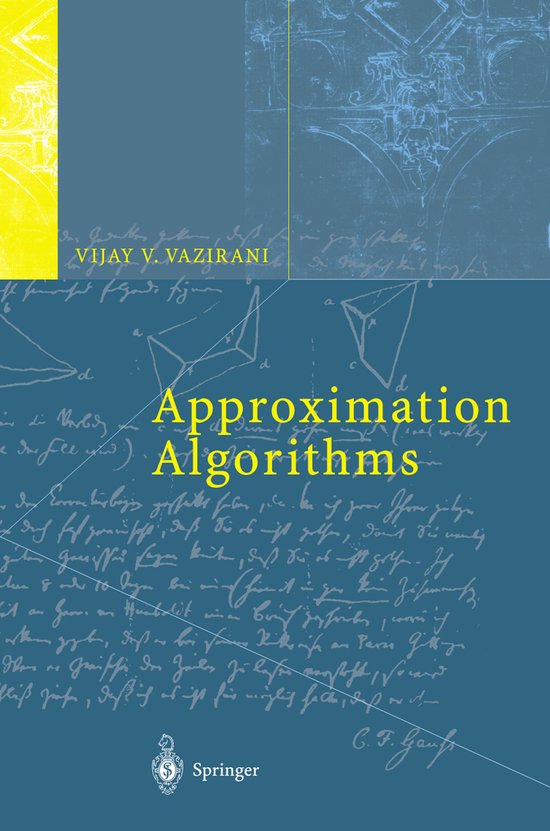
Approximation Algorithms
This book covers the dominant theoretical approaches to the approximate solution of hard combinatorial optimization and enumeration problems. It contains elegant combinatorial theory, useful and interesting algorithms, and deep results about the intrinsic complexity of combinatorial problems. Its clarity of exposition and excellent selection of exercises will make it accessible and appealing to all those with a taste for mathematics and algorithms.
Richard Karp,University Professor, University of California at Berkeley
Following the development of basic combinatorial optimization techniques in the 1960s and 1970s, a main open question was to develop a theory of approximation algorithms. In the 1990s, parallel developments in techniques for designing approximation algorithms as well as methods for proving hardness of approximation results have led to a beautiful theory. The need to solve truly large instances of computationally hard problems, such as those arising from the Internet or the human genome project, has also increased interest in this theory. The field is currently very active, with the toolbox of approximation algorithm design techniques getting always richer.
It is a pleasure to recommend Vijay Vazirani's well-written and comprehensive book on this important and timely topic. I am sure the reader will find it most useful both as an introduction to approximability as well as a reference to the many aspects of approximation algorithms.
László Lovász, Senior Researcher, Microsoft Research
Although this may seem a paradox, all exact science is dominated by the idea of approximation. Bertrand Russell (1872-1970) Most natural optimization problems, including those arising in important application areas, are NP-hard. Therefore, under the widely believed con jecture that P -=/= NP, their exact solution is prohibitively time consuming. Charting the landscape of approximability of these problems, via polynomial time algorithms, therefore becomes a compelling subject of scientific inquiry in computer science and mathematics. This book presents the theory of ap proximation algorithms as it stands today. It is reasonable to expect the picture to change with time. This book is divided into three parts. In Part I we cover combinato rial algorithms for a number of important problems, using a wide variety of algorithm design techniques. The latter may give Part I a non-cohesive appearance. However, this is to be expected - nature is very rich, and we cannot expect a few tricks to help solve the diverse collection of NP-hard problems. Indeed, in this part, we have purposely refrained from tightly cat egorizing algorithmic techniques so as not to trivialize matters. Instead, we have attempted to capture, as accurately as possible, the individual character of each problem, and point out connections between problems and algorithms for solving them.
| Auteur | | Vijay V Vazirani |
| Taal | | Engels |
| Type | | Hardcover |
| Categorie | | Computers & Informatica |
